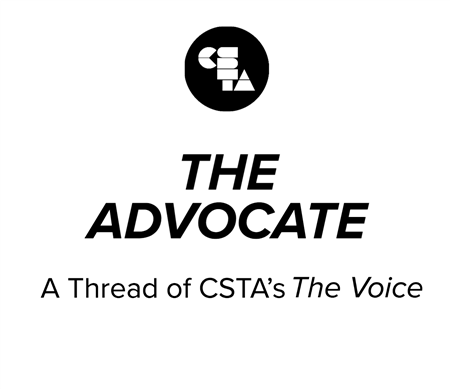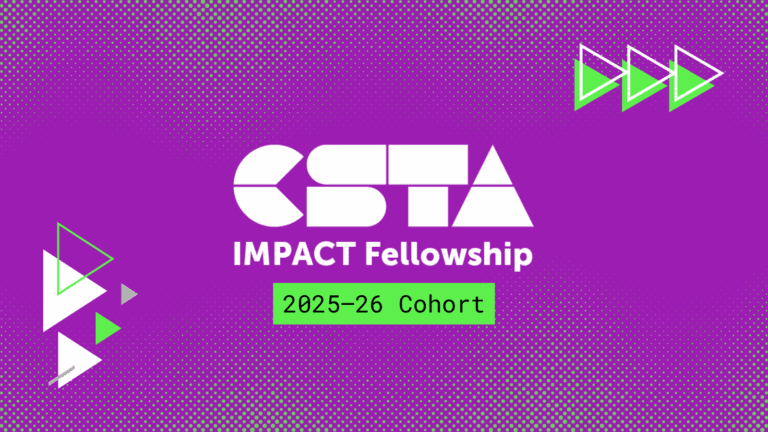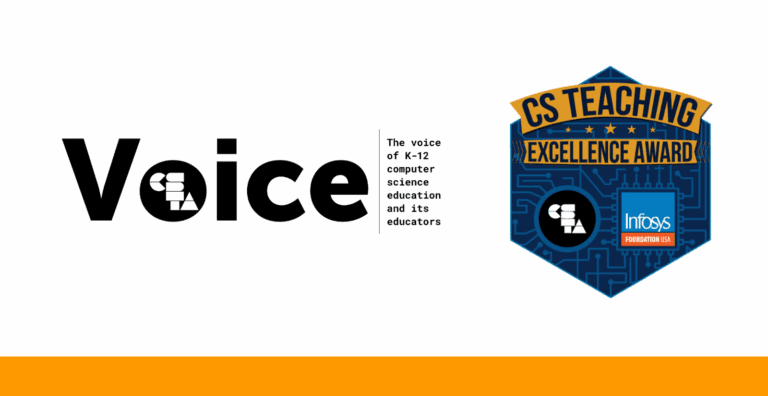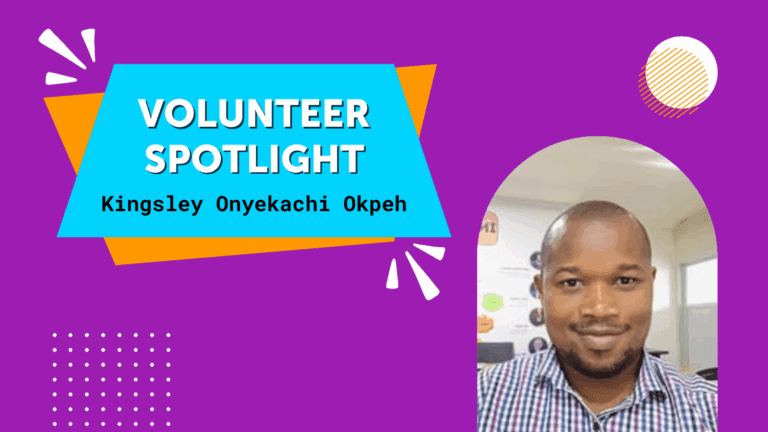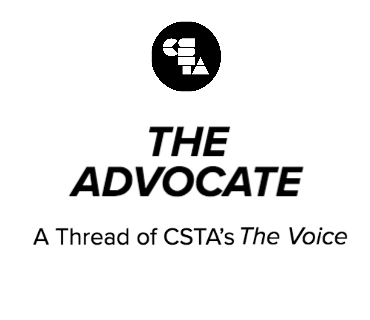
One main purpose of computer science education is to prepare students for industry.
Full Story
One main purpose of computer science education is to prepare students for industry. Without industry partnerships, our CS programs may not be preparing students for the workplace. As part of my responsibilities of building and support a Pre-K through 12 grade CS program, I work with several industry partners.
As we prepare students for future jobs, we also need to better understand what companies, who will be hiring our students, need. We must push past teaching only programming syntax. Students must be able to collaborate with others and come up with creative solutions to various problems. In one conversation with an industry partner, we asked what issues they see from newly hired computer science majors. Some issues were simple things like not showering to go to work. However, other issues were more concerning. New hires are attending planning meetings and not engaging by asking questions. They return to their desk lacking clarity of their assignment because of this issue. We must provide students opportunities to engage with each other and to feel comfortable asking questions in a group or classroom environment.
Our district has worked with several locally-based industry partners such as USAA, Finastra, Capital One, Texas Instruments, Boeing, Toyota, Amazon, and JPMorgan Chase. These companies reach out with a variety of opportunities for their employees to engage with our students. When students have an opportunity to meet people who work in the field, students gain a better understanding of CS-related jobs. Some students would never know about these types of jobs without these experiences. Getting an opportunity to see what the workplace looks and feels like is an important part of CS education. Through these partnerships, students have been brought to these organizations to engage in coding activities while collaborating with employees. Hackathons are another great way for students to engage with industry partners while learning more about careers in CS. In other cases, industry partner employees have visited our classrooms to lead Hour of Code activities or other coding experiences. These employees are always asked to share something about their job with our students.
In some cases, teachers can participate in externships during their summer break. Teachers in the CS program have come back and shared their experiences with the rest of the CS team and brought back industry knowledge to their classrooms.
Students will eventually have to interview for computer science positions in companies. One thing that has come up through our discussions with industry partners is that candidates go through what is called a whiteboard interview. The candidate may be interviewed with other candidates in a group situation. They may interview with a team of employees. Through the whiteboard interview process, candidates must show their ability to think on their feet, take their content knowledge and come up with a creative solution within the parameters set by the company, and engage with others. Some organizations are no longer requiring a bachelor’s degree for an entry-level employee. If we are to prepare our students for these entry-level jobs, we must prepare them for the interview process. Industry partners can be helpful in providing volunteers to come run students through such a process.
Whether you are in a metropolitan area like Dallas-Fort Worth or in a rural area, there are different ways to engage with industry partners. Organizations like TEALS (https://www.microsoft.com/en-us/teals) can help you connect with industry partners wherever you may live and work. Here are some other computer science career-related resources to check out.
 Dan Blier
Dan BlierDistrict Representative

